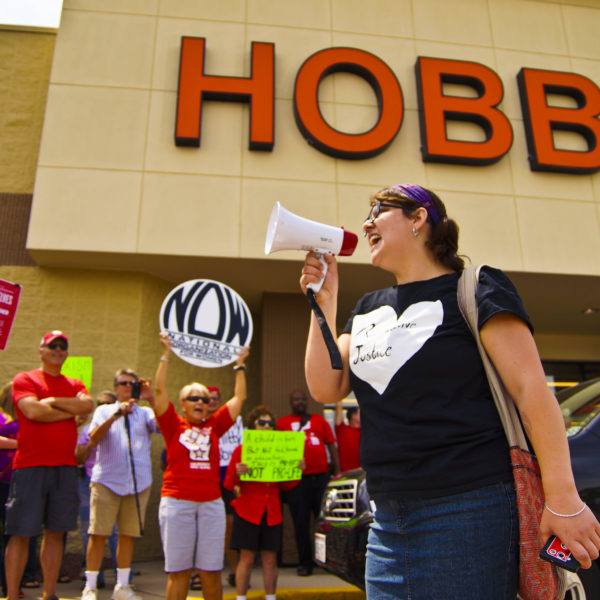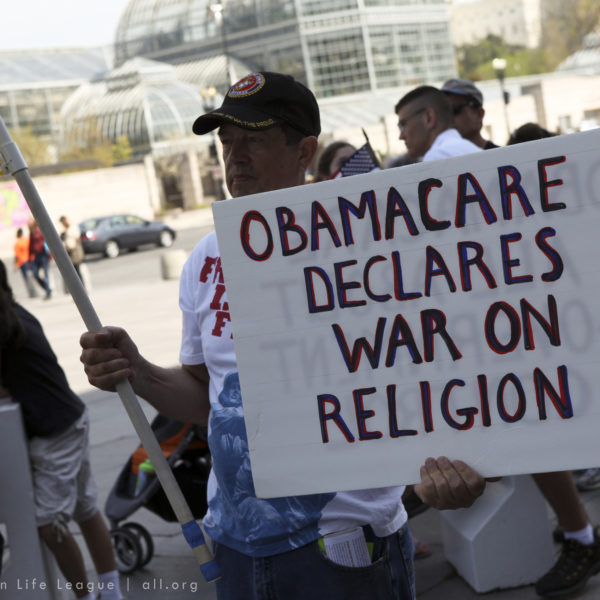
Religion is, of course, no stranger to politics in the United States, a fact that becomes all too clear in election season, as incumbents and their challengers hone their rhetoric to appeal to the theological sensibilities of their base. For better or worse, religion will no doubt continue to play a role in the run-up to the midterm elections. But in the wake of the Supreme’s Court’s decision in Burwell v. Hobby Lobby . . . we can, I think, expect to hear a lot about religious freedom.
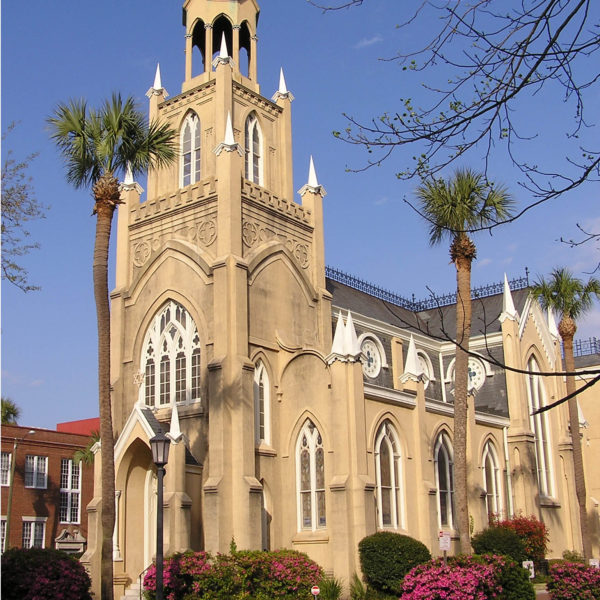
I thank both Timothy Simpson for taking the time to respond to my post and the current editors of Political Theology Today for allowing me to respond. It is an uncomfortable issue for people on all sides of the debate. I can only imagine the frustration wrought by “having been the target of barbs by both Christian and Jewish Zionists.” If my tone is irenic, I can only be glad; I do not desire to be the cause of frustration (even at those moments when I feel frustration). If Rev. Simpson views my tone as irenic, I find the content of his response to be ironic.
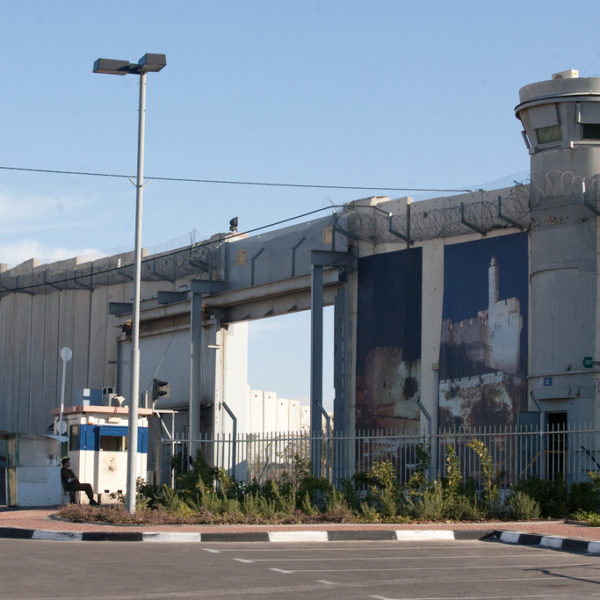
I wish to thank Dr. Bernstein for his thoughtful and irenic response to “Zionism Unsettled” (hereafter, ZU). . . . ZU is indeed a hard-hitting document. It says things many people would rather not have discussed and calls out both Jewish and Christian Zionists for their contribution to the misery and suffering of the Palestinian people. Such a resource, which could be utilized at the congregational level, was sorely needed. The Israeli occupation began in 1967, when I was four years old. I’m now a grandfather, and yet it still continues.
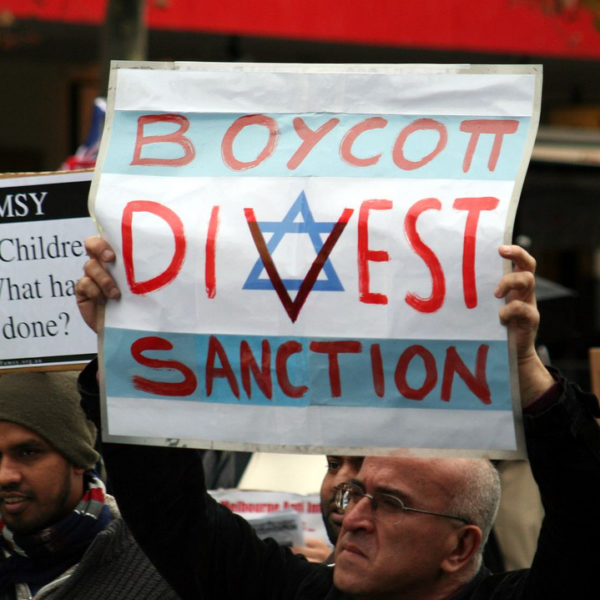
As I compose this, the gloves are being taken off on all sides, and in every direction, over the matter of the Presbyterian Church USA’s 310-303 approval of divesting from three companies (Caterpillar, Motorola Solutions, and Hewlett-Packard) whose business with Israel are seen to impact the Israeli occupation of Palestinian territories.
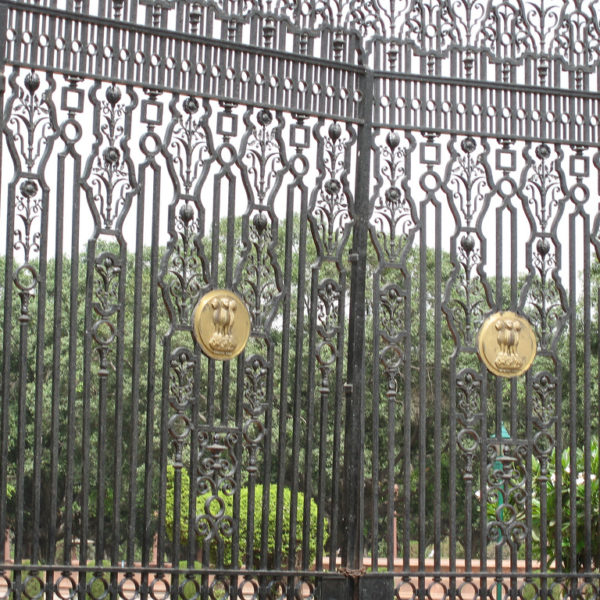
Federal elections in the world’s largest democracy have recently led to a significant change of leadership in India. There are two crucial domains of concern for anyone looking at the future of India after these elections: on the one hand, concerns about the rights and dignity of minority communities, which is saturated with an ideological component; on the other hand, the project of growth and development, which is the language Prime Minister Modi now speaks.
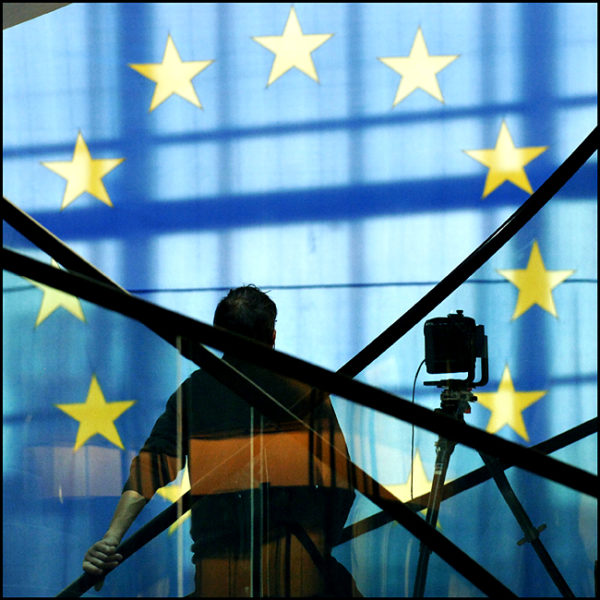
After half a dozen years of economic decline and political hardship EU measured its demos in the elections to the European Parliament. The result was just about expected, though probably not at all what the ”Europeans” — whoever they are these days — were eager to see. Given a choice between a commitment towards the globalization of world politics and going home, going home, by and large, won.
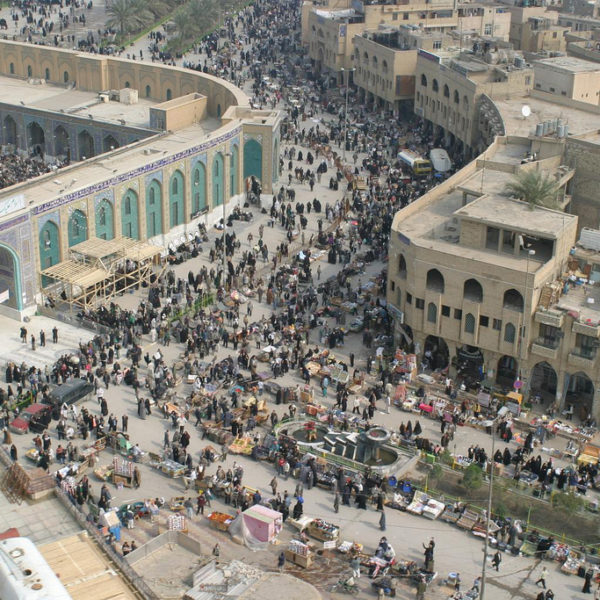
The attack of The Islamic State of Iraq and al Sham (ISIS) on Mossul and its march on Baghdad has taken the international community by surprise and raised the possibility of another US intervention in Iraq, with the hope it could prevent the downfall of the country into a sectarian war. Such a scenario is highly improbable because of the nature of the Iraq crisis that is first and foremost political and not religious.
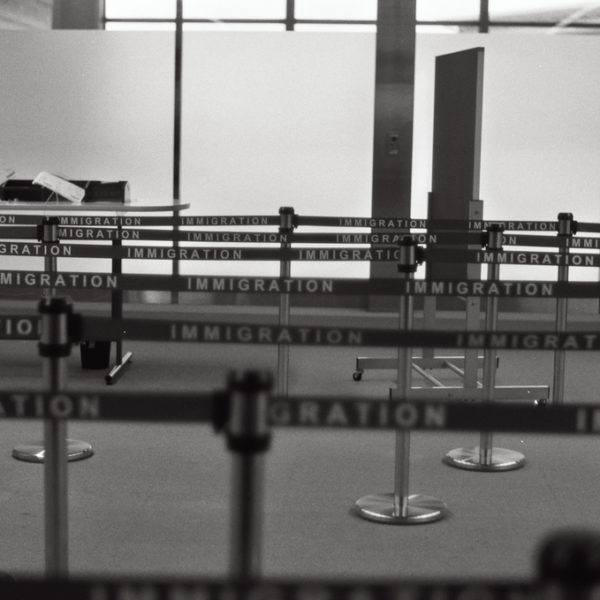
. . . Pastors and church-leaders for the past two years have been very vocal in their efforts to ‘welcome the stranger’ through immigration reform and in so doing are reframing evangelical Christian concerns beyond the rote of life-issues. . . . Though evangelical leaders have pushed for reform, this hasn’t yet filtered down to evangelical congregations who are amongst the most skeptical of CIR. The Public Religion Research Institute (PRRI) noted in 2013 that white evangelical Protestants were the least likely of all religious groups to support a path to citizenship for illegal migrants.
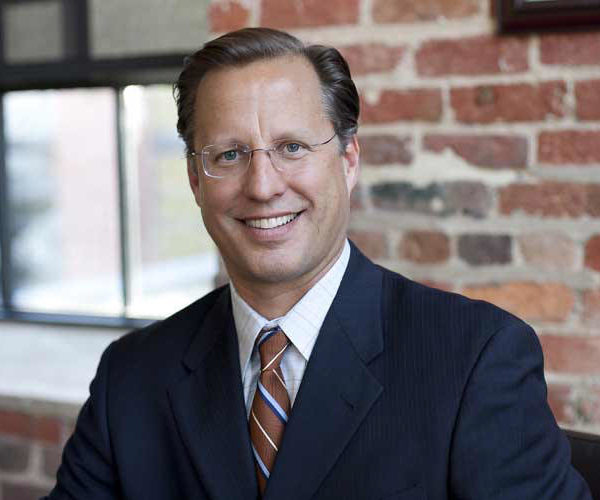
David Brat’s upset of Eric Cantor in Virginia’s District Seven congressional race last week generated waves of buzz, with no small stir churning in the Christian blogosphere. Although political upstarts, especially those that identify as conservative Christians, always tend to create a storm of media buzz, the close attention to Brat is perhaps more justified than most. As I hope will become clear in this brief profile of Brat’s scholarship and political theology, Brat’s somewhat bewildering and seemingly idiosyncratic synthesis of theology and economics illustrates the tensions endemic to the increasingly-libertarian sectors of the Christian Right.
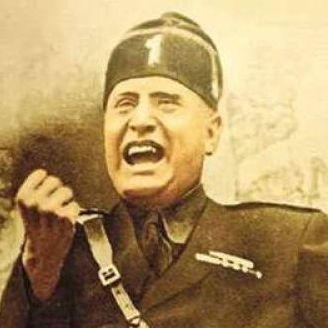
The international crisis in Ukraine, combined with the precipitous and aggressive behavior of Russia toward the West, the docility of Europe and the fecklessness of American foreign policy in shaping events, has prompted after-midnight calls among many international experts for a radical and rapid rethinking of what the word “globalization” really means, or what it might look like even in the next five years.
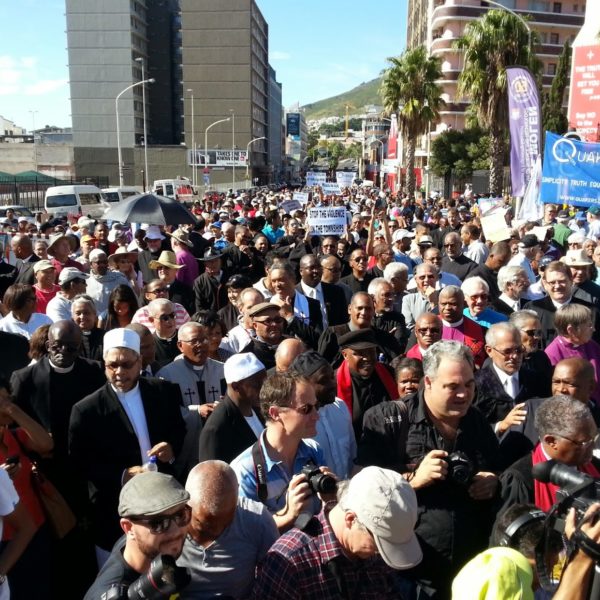
And so it was this past Easter Saturday that thousands of South Africans, supported by religious leaders, “evoke[d] the spirit of the 1980s, when the faith community intervened to promote and defend democracy.”[2] Leading the procession was the Anglican Archbishop of Cape Town, Thabo Makgoba.
